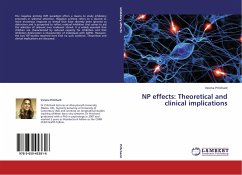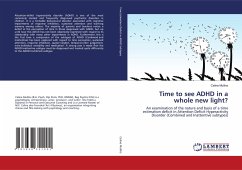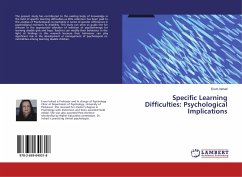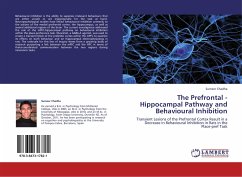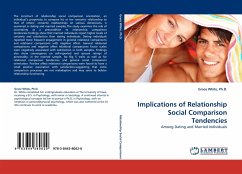The negative priming (NP) paradigm offers a means to study inhibitory processes in selective attention. Negative priming refers to a slowed or more erroneous response to stimuli that have recently been ignored as distractors and is purported to reflect residual inhibition that serves to aid the selection of relevant over irrelevant stimuli. It is widely assumed that children are characterized by reduced capacity for inhibition and that inhibitory dysfunction is characteristic of individuals with ADHD. However, the two NP studies reported here find no such evidence. Theoretical and clinical implications are discussed.

